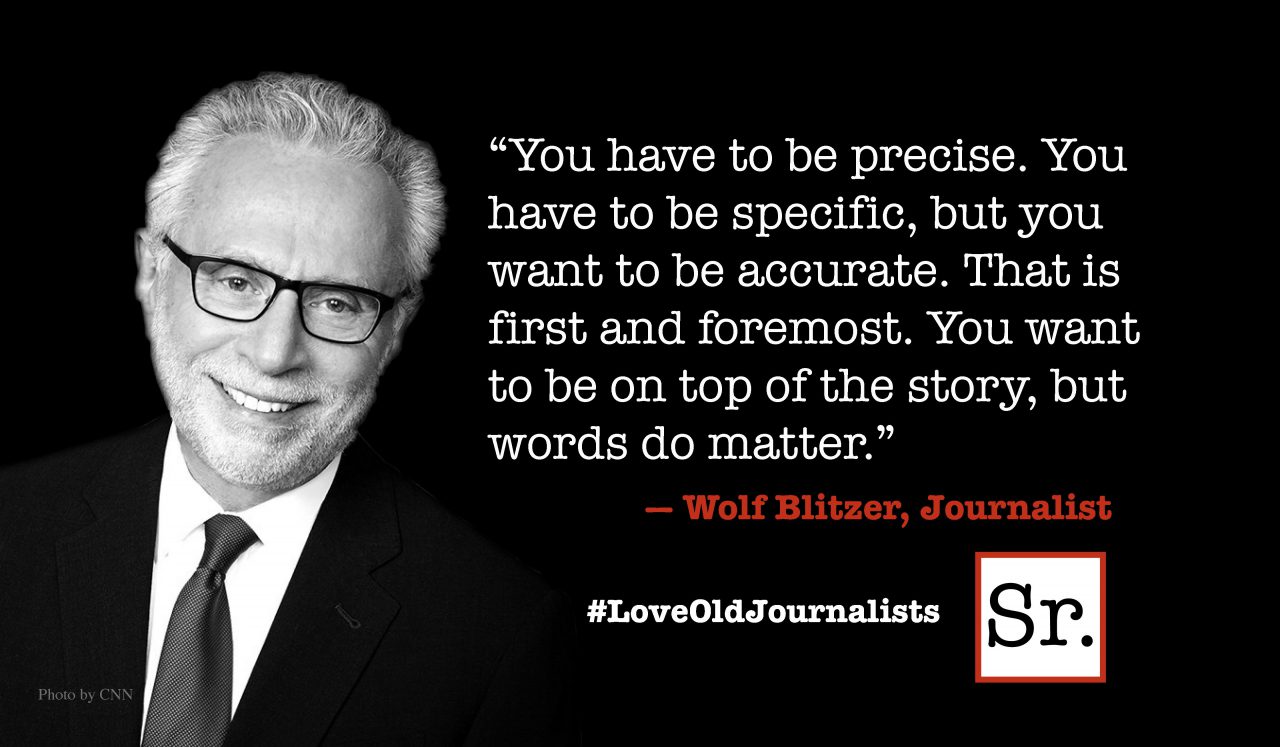April 6, 1945 near Ickern, Germany
Almost all the German troops we encountered recently appeared to have had their fill of the war and were eager to surrender. This usually meant that if we gave them the opportunity they would appear cautiously with their hands high in the air. Some waved white flags. Some hung white bed sheets out the windows of the houses they were in — anything white.
But the German artillery, being back a mile or two, seemed to have a much different attitude about how to wind down the war. They seemed determined to hold out. Maybe they just wanted to use up all their shells before surrendering. Whatever it was, we were still being shelled every day even though we were not getting much small arms fire. Fortunately we hadn’t had many casualties, but those we did have were from their artillery.
April 6, 1945 started out according to that script. But unlike other recent days when there was little action and lots of surrendering we ran into firm resistance. As we approached still another German town we came under heavy shelling from their 88’s. They caught our company out in the open. Everyone dove into a deep, long cut in the side of a hill. That gave good protection because the shells landed down the slope considerably beyond us. The gunners apparently switched to time fuses to get air bursts, but those also exploded in the air well beyond us. Either they couldn’t get the fuses set correctly, or more likely, we were closer to them than their minimum range.
Captain Behrends called for me to find a route into the town. Jim Durand, my faithful radio man and friend, and I took off. We moved sideways several hundred yards before we started moving toward the town. The shelling continued of the company still out there in the ditch, but nothing came our way as Jim and I moved away. Nor did we pick up any small arms stuff. It was easy going.
We were nearly up to the first buildings when we came to a road that we had to cross. As we approached the road we could see and hear the crack of bullets from a machine gun. Some rattled on the bricks and threw sparks where they hit. Some were tracers that streaked by chest high.
We watched carefully for a few minutes. The shots were coming right down the roadway in short bursts followed by a pause. The machine gunner was firing methodically: fire a short burst…pause for a five count…fire a short burst…pause for a five count. That gave us a chance to cross between bursts.
We waited a while — just to be sure. Then after a short burst I dashed across the road. Jim studied a couple more bursts, then he ran across. There was no indication that we had been seen, probably because it was almost dusk. Once across the road we were near the first houses on the edge of the village. We entered several of the buildings and found them unoccupied. That’s all we needed to know; we headed back to the company. We crossed back over the road the same way — timing our crossing between machine gun burst.
We located the company. It was dark and the shelling had stopped. The whole company headed to the town by the route Jim and I had taken. Unfortunately, when we got back to that road the bullets were flying just as before. The pattern had not changed. Pvt. Methodical (a Volksstrum?) was still doing his duty as he knew it: fire a short burst, pause, fire a short burst, pause. It was a fire show as the tracers flew by and the bullets hit the bricks.
It was now dark, but the light from the tracers flashed on our faces as we plotted how we were going to get everyone across safely. Something would surely go wrong getting more than fifty men across that road one at a time. But on the other hand depending on that firing to stay the same seemed better than the alternative of trying to find and take out that machine gun.
We chose to cross one man at a time between bursts. I would be the starter. I stood with my arm on the first man ready to send him across the road. Jim crossed to show the way.
Then, to our amazement, just as we were about to send the first man across the road a Sherman tank emerged from the darkness and pulled broadside across the road. The German machine gunner fired furiously at the tank, but the bullets simply bounced off the side. All our men dashed across the road into the empty houses. With the help of that wonderful tank the crossing was easy.
We had no idea than an American tank was anywhere near us. As far as we knew there were no tanks attached to any of the other companies in our battalion. We had no idea where it came from, and we never got a chance to ask the tanker. He simply drove on.
How did he size up the situation so quickly? How did he know our predicament?
Do angels drive tanks?








